Anti-Midas: the careers derailed by working with Boris Johnson
Former PM has left a trail of political victims over the course of his controversial career in Westminster
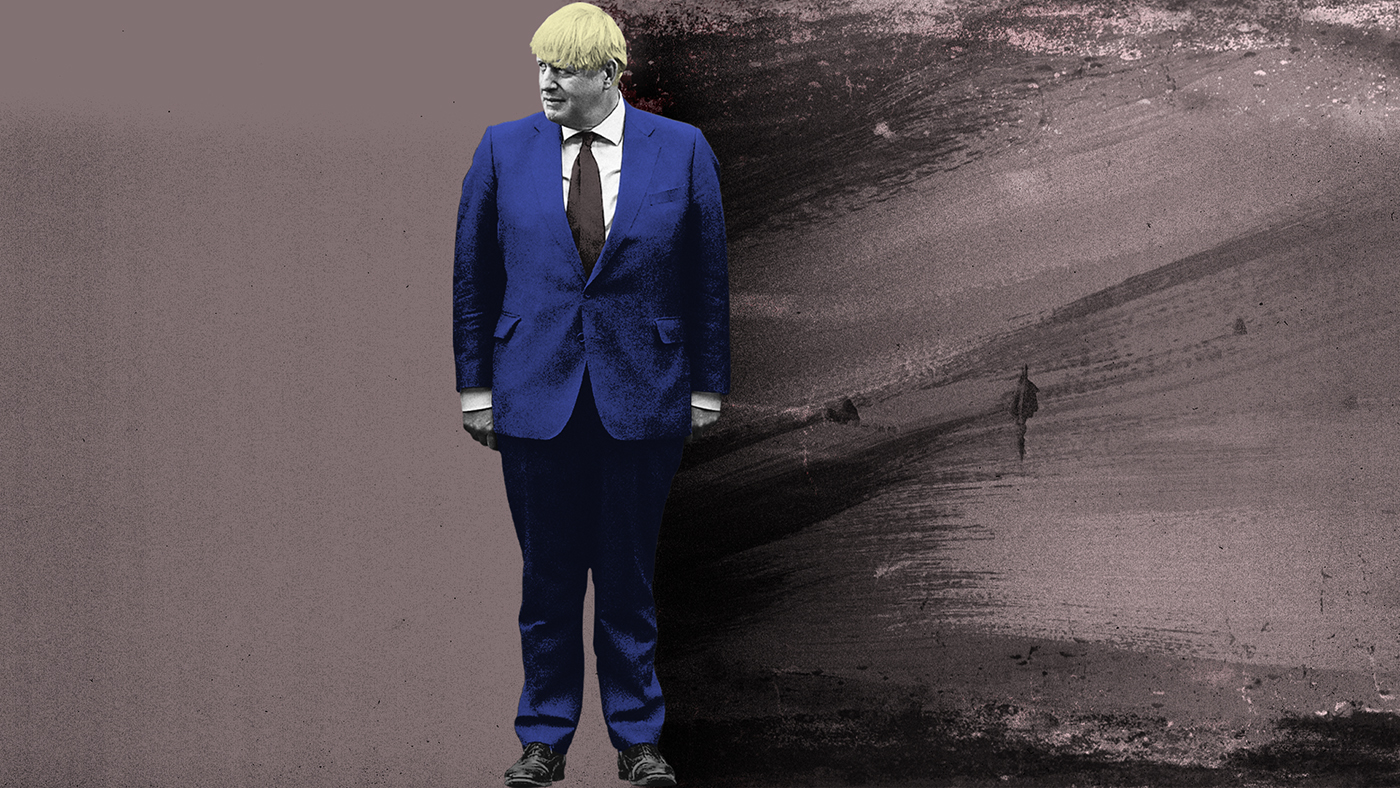
A free daily email with the biggest news stories of the day – and the best features from TheWeek.com
You are now subscribed
Your newsletter sign-up was successful
Friends of former BBC chairman Richard Sharp have claimed he was told by a senior Downing Street official he had “done nothing wrong” just weeks before he was forced to resign over his involvement with an £800,000 loan given to Boris Johnson.
Sharp quit the top BBC job in late April after a report found he had breached public appointment rules by failing to declare involvement in the loan to Johnson.
Simon Case, the cabinet secretary and head of the civil service, was approached by Sharp about the matter in a meeting in December 2020, before Sharp was appointed chairman of the BBC. According to allies of Sharp, Case told him that he had not acted improperly and was “was on the side of the angels” in seeking to facilitate the loan, reported The Telegraph.
The Week
Escape your echo chamber. Get the facts behind the news, plus analysis from multiple perspectives.

Sign up for The Week's Free Newsletters
From our morning news briefing to a weekly Good News Newsletter, get the best of The Week delivered directly to your inbox.
From our morning news briefing to a weekly Good News Newsletter, get the best of The Week delivered directly to your inbox.
“A word of advice for anyone who has worked hard to acquire a reputation they cherish,” wrote Jonathan Freedland in The Guardian: “if Boris Johnson approaches… run a mile.” Sharp’s resignation is “the latest proof that, even out of office, Johnson continues to act as reputational napalm, laying waste careers and turning good names bad”.
The former chairman joins a “long list” of once-respected figures who have been “diminished by their contact” with Johnson, wrote Freedland, who dubbed Johnson “the reverse Midas, the man who rots everything he touches”.
As Sharp prepares for some time in the wilderness, The Week takes a look at some of those who have felt the anti-Midas effect of Boris Johnson.
1. Simon Case
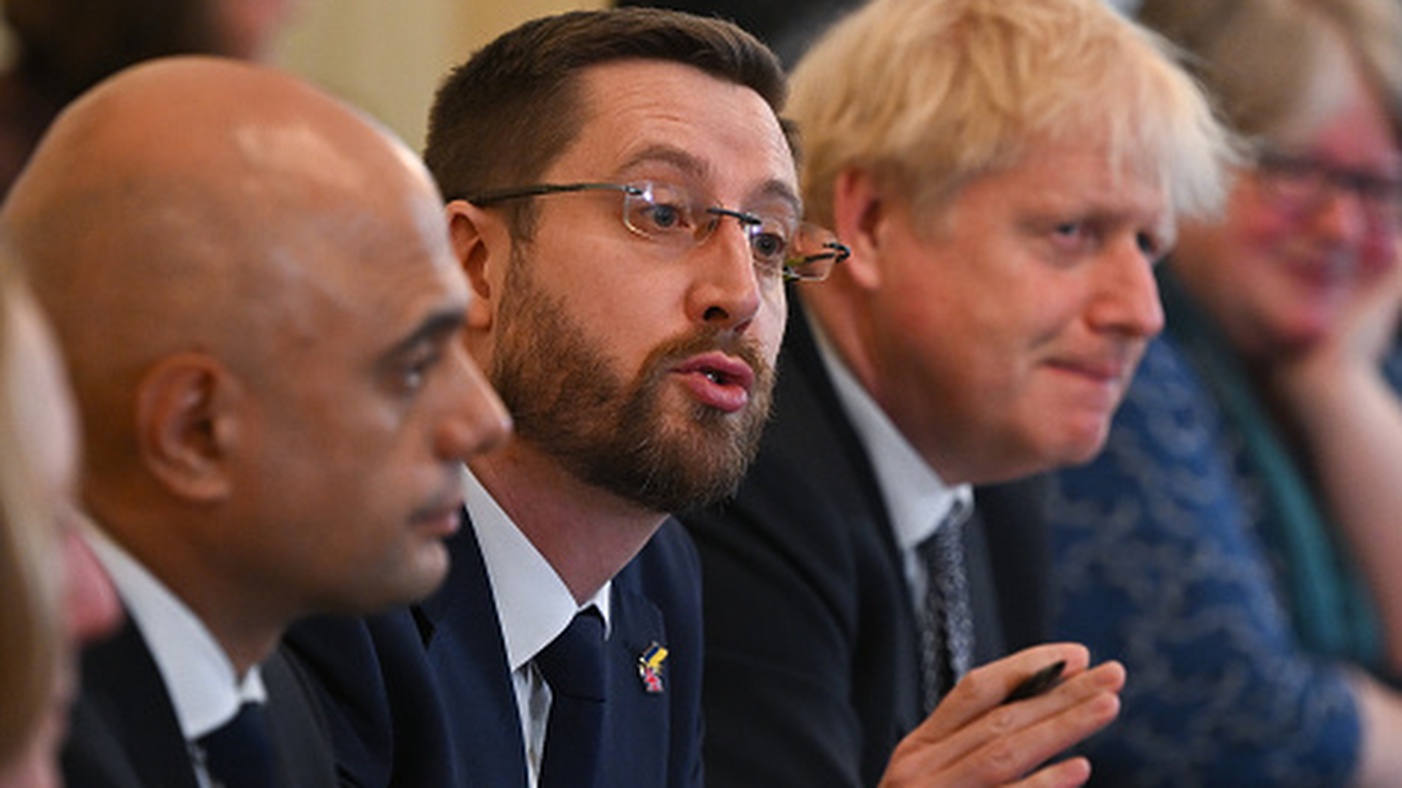
Sharp is set to step down in June, but Case may not be far behind after being caught up in the debacle and heavily criticised for his handling of the affair.
A free daily email with the biggest news stories of the day – and the best features from TheWeek.com
The Telegraph reported this week that Case could soon “step aside” now that the coronation of King Charles III is over, and is said to believe his proximity to Boris Johnson has “undermined his reputation”, according to sources close to him.
The 44-year-old, who became the youngest cabinet secretary in over a century when he was was appointed in 2020, is said to be “bitter” over his close association with the former prime minister. Case believes his subsequent involvement with scandals linked to Johnson – such as Partygate and the appointment of Sharp as BBC chairman – has “damaged his career”, said The Telegraph.
But other sources have argued that Case was at least partly responsible for the damage done to his career. “It’s not as though he didn’t know what Boris Johnson was like,” one source told the paper. “He presumably went into it with his eyes wide open.”
Revelations that he sent mocking WhatsApp messages about cabinet ministers during the pandemic have also injured his reputation, added the Telegraph. The paper cited allegations that his messages “compromised the Civil Service’s political neutrality” and seemed to suggest that he had an “inappropriately close relationship with some ministers”.
2. Allegra Stratton

The former top political journalist was “thrust into public consciousness” in December 2021, when ITV obtained a video in which Downing Street staff were joking about an alleged Christmas party that was held in No.10 during the December 2020 Covid-19 lockdown, said Politics.co.uk.
Working as Boris Johnson’s press secretary at the time, Stratton was shown in a mock news conference in which she was responding to questions from colleagues. One question referred to a Christmas gathering in which cheese and wine were involved, joking: “This fictional party was a business meeting and it was not socially distanced.”
Stratton was forced to resign after a public backlash to the video, even though there was “no suggestion that the Prime Minister’s former spokeswoman broke any rules herself”, said Martha Gill in The New Statesman in May last year. Indeed, “she resigned because she had been recorded laughing at the challenge before her: how to defend Boris Johnson should the press get wind of the parties” that took place in Downing Street during national lockdowns.
Fines for attending Downing Street parties – issued after the Metropolitan Police launched an investigation – “fell disproportionately on junior members of staff, in particular women”, noted Gill. She added that the handling of the debacle suggested it was “no coincidence that, in this atmosphere, the only person to have resigned over partygate is a woman”.
3. Christopher Geidt
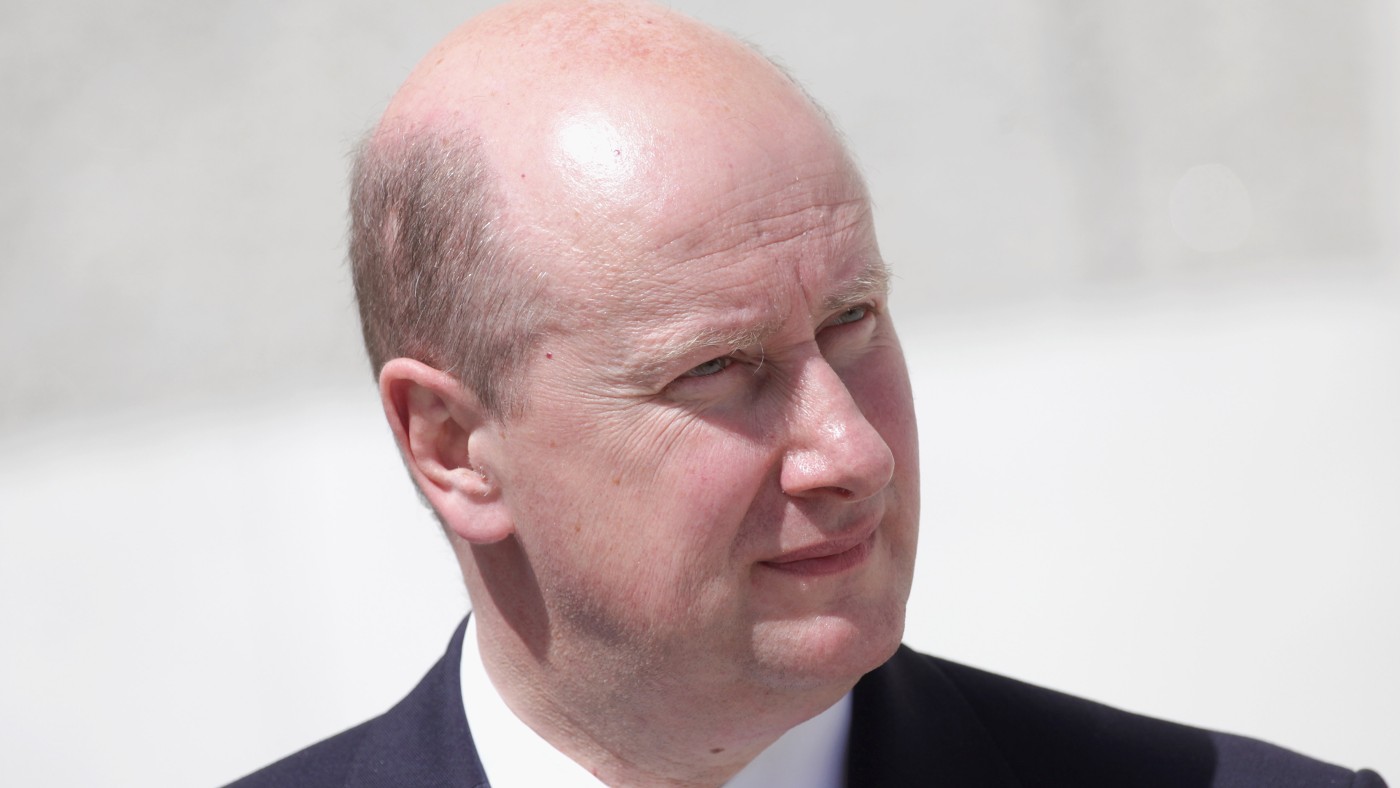
Stratton was not the only political casualty from Johnson’s involvement in the Partygate scandal.
Christopher Geidt, a former private secretary to the Queen who was serving as Johnson’s ethics adviser, endured a brutal parliamentary grilling from the House of Commons Public Administration and Constitutional Affairs Committee over his stance on Johnson’s pandemic rule-breaking. During the hearing, he was asked by MPs whether he had considered resigning over the saga.
Lord Geidt was said to be clinging on to his role “by a very small margin” at the time, following the Partygate scandal and Johnson’s failure to acknowledge that he had violated the standards required by public office, according to sources who spoke to The Independent.
In the end, however, it was an argument over steel tariffs that led to Geidt stepping down. In a scathing resignation letter, Geidt accused Johnson of risking a “deliberate and purposeful breach of the ministerial code” by asking him to advise on a plan to maintain tariffs on Chinese steel that would have broken World Trade Organization rules, placing him in an “impossible and odious position”.
4. David Cameron
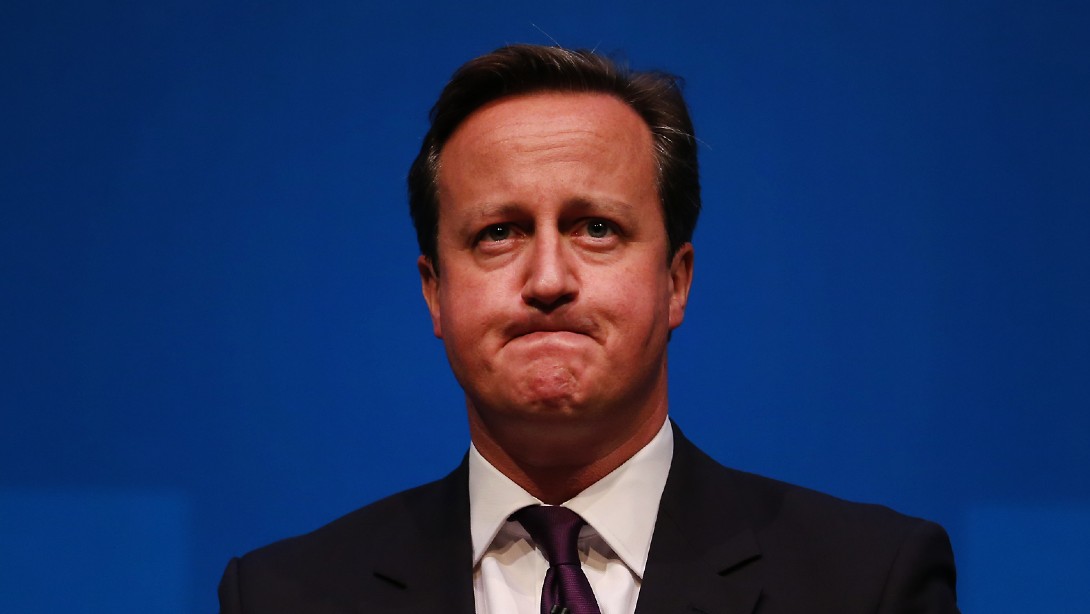
David Cameron’s distaste for Johnson is no secret in political circles, but it seems his frustration towards his fellow Old Etonian had not abated by May 2019, when Johnson’s successful campaign to oust Theresa May was well underway.
According to the memoirs of former Foreign Office minister Alan Duncan, In the Thick of It, Cameron exploded over breakfast with him, claiming that Johnson had “ruined my bloody career”.
The entry reads: “Breakfast with David Cameron. He is so glad not to be in the middle of everything that is going on at the moment.
“He has a very straightforward opinion about Boris – ‘He ruined my bloody career’.”
The incident allegedly took place on 1 May 2019, just weeks before May resigned, following Johnson’s efforts to bring her down. Within two months, Johnson had succeeded her as prime minister.
Duncan’s book suggests that Cameron’s disdain for the Brexit-supporting Johnson stemmed from his own “humiliating” resignation as prime minister after losing the 2016 EU referendum – a victory brought about in part by “a series of wounding attacks” on Cameron by Johnson, said the Daily Mail.
Sorcha Bradley is a writer at The Week and a regular on “The Week Unwrapped” podcast. She worked at The Week magazine for a year and a half before taking up her current role with the digital team, where she mostly covers UK current affairs and politics. Before joining The Week, Sorcha worked at slow-news start-up Tortoise Media. She has also written for Sky News, The Sunday Times, the London Evening Standard and Grazia magazine, among other publications. She has a master’s in newspaper journalism from City, University of London, where she specialised in political journalism.
-
 What are the best investments for beginners?
What are the best investments for beginners?The Explainer Stocks and ETFs and bonds, oh my
-
 What to know before filing your own taxes for the first time
What to know before filing your own taxes for the first timethe explainer Tackle this financial milestone with confidence
-
 The biggest box office flops of the 21st century
The biggest box office flops of the 21st centuryin depth Unnecessary remakes and turgid, expensive CGI-fests highlight this list of these most notorious box-office losers
-
 Nigel Farage’s £9mn windfall: will it smooth his path to power?
Nigel Farage’s £9mn windfall: will it smooth his path to power?In Depth The record donation has come amidst rumours of collaboration with the Conservatives and allegations of racism in Farage's school days
-
 Asylum hotels: everything you need to know
Asylum hotels: everything you need to knowThe Explainer Using hotels to house asylum seekers has proved extremely unpopular. Why, and what can the government do about it?
-
 ‘The business ultimately has a customer base to answer to’
‘The business ultimately has a customer base to answer to’Instant Opinion Opinion, comment and editorials of the day
-
 Behind the ‘Boriswave’: Farage plans to scrap indefinite leave to remain
Behind the ‘Boriswave’: Farage plans to scrap indefinite leave to remainThe Explainer The problem of the post-Brexit immigration surge – and Reform’s radical solution
-
 Is there a Christmas curse on Downing Street?
Is there a Christmas curse on Downing Street?Today's Big Question Keir Starmer could follow a long line of prime ministers forced to swap festive cheer for the dreaded Christmas crisis
-
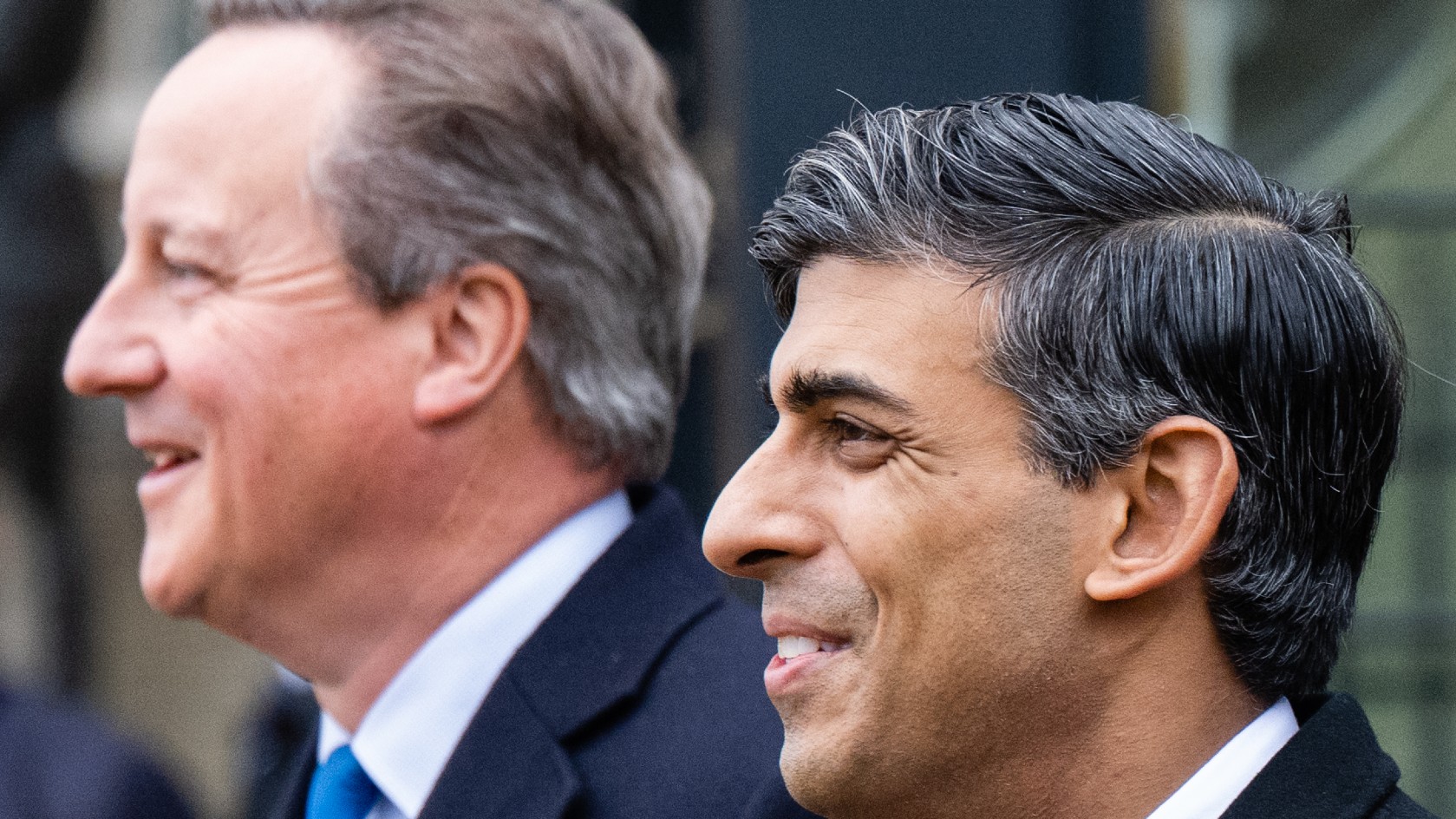 Is David Cameron overshadowing Rishi Sunak?
Is David Cameron overshadowing Rishi Sunak?Talking Point Current PM faces 'thorny dilemma' as predecessor enjoys return to world stage
-
 Can Boris Johnson save Rishi Sunak?
Can Boris Johnson save Rishi Sunak?Today's Big Question Former PM could 'make the difference' between losing the next election and annihilation
-
 'No peace until Israelis and Palestinians can appreciate each other's grief'
'No peace until Israelis and Palestinians can appreciate each other's grief'Instant Opinion Opinion, comment and editorials of the day